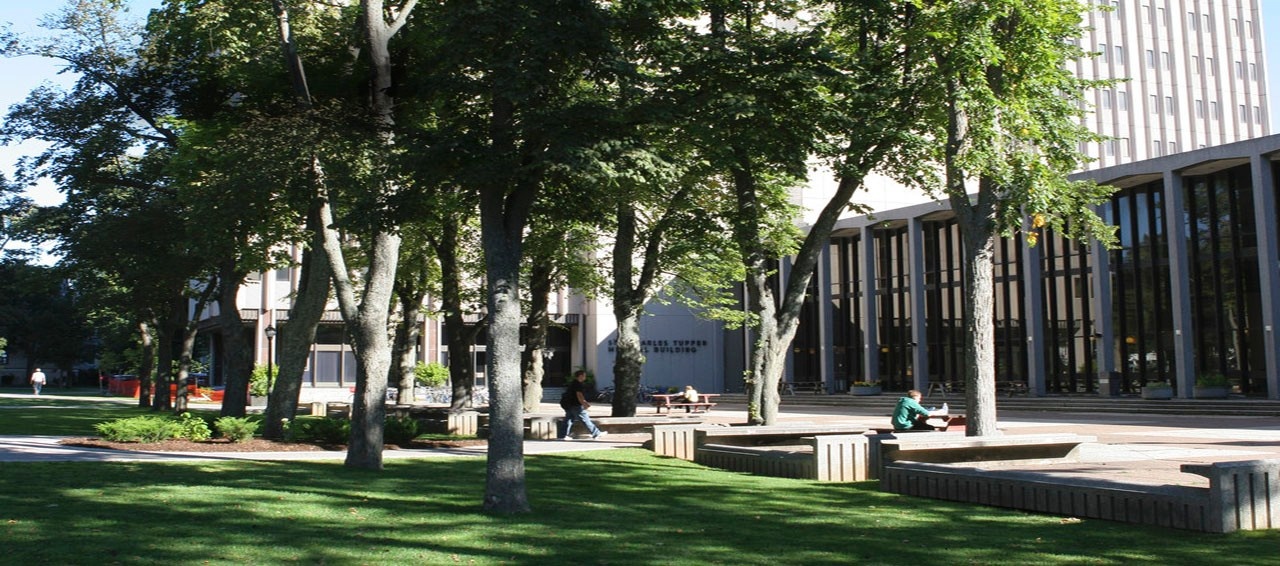Learning and caring in Maritime communities
Just as it takes a community to raise a child, it takes a community to train a doctor. Throughout their education, medical students interact with a host of real and volunteer “simulated” patients, while residents play a vital role in providing care to thousands of patients in our affiliated teaching hospitals and family medicine teaching centres. The willingness of community members to actively participate in our students’ and residents’ learning is an essential component of their training.
